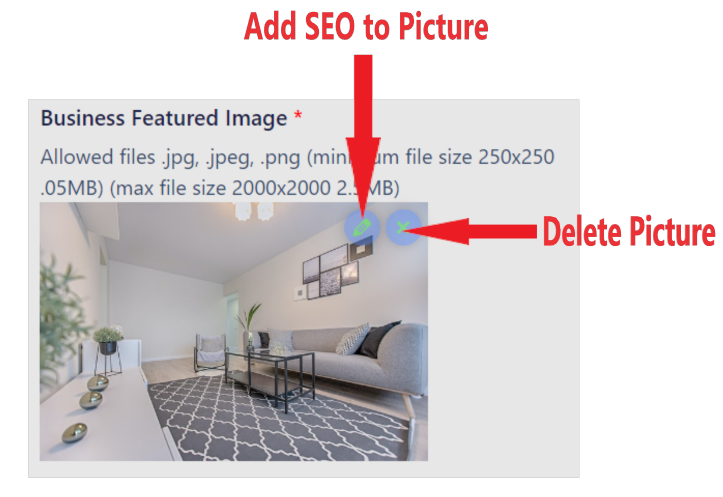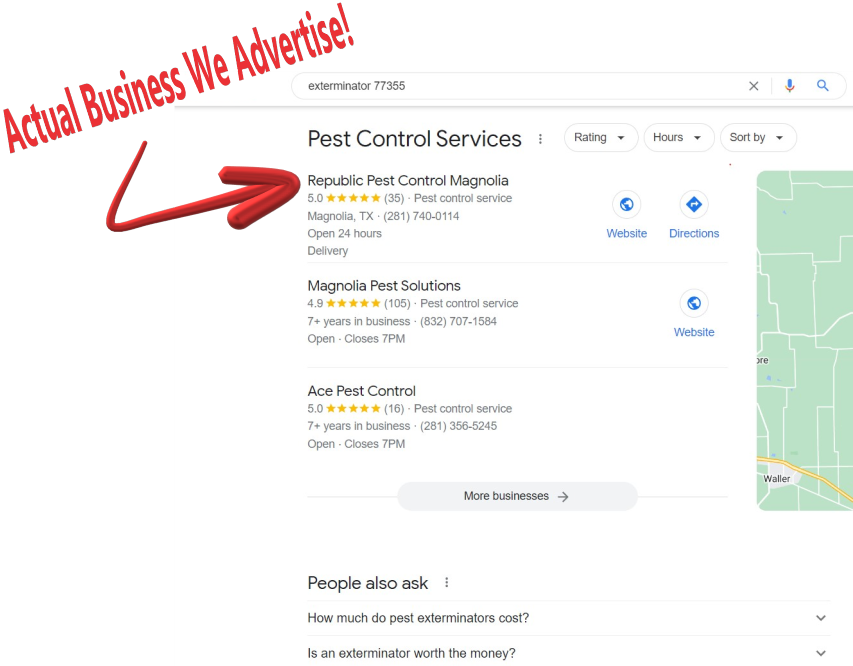When it comes to wastewater management for residential and commercial properties, two common options stand out: conventional septic systems and holding tank systems. Each has its own advantages, and the right choice depends on factors like property size, soil conditions, and usage needs.
At Strictly Septic, we specialize in both conventional septic systems and holding tank systems. In this guide, we’ll explore the key differences, benefits, and considerations for each system to help you make an informed decision.
What is a Conventional Septic System?
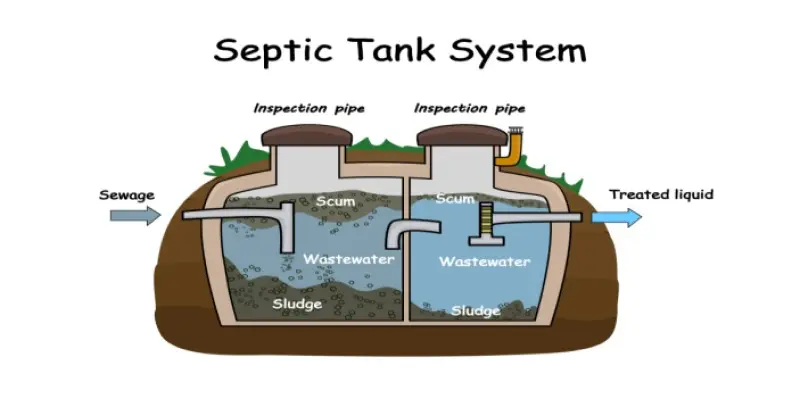
A conventional septic system is a decentralized wastewater treatment system commonly used in residential settings. It consists of a septic tank, a drain field (also known as a leach field), and connecting pipes.
How It Works
- Wastewater enters the septic tank – All household wastewater flows into the underground septic tank.
- Separation of solids and liquids – The heavier solids settle at the bottom, forming sludge, while lighter materials float to the top as scum. The liquid wastewater (effluent) remains in the middle.
- Effluent dispersal – The liquid exits the tank into a series of perforated pipes in the drain field, where it slowly soaks into the ground and is naturally filtered by soil and bacteria.
Benefits of a Conventional Septic System
- Cost-Effective – Once installed, conventional systems require minimal maintenance and have lower long-term costs.
- Environmentally Friendly – Properly maintained systems treat wastewater naturally through soil filtration.
- Long-Lasting – With regular pumping and maintenance, a conventional system can last 20-40 years.
- No Need for Frequent Pumping – Unlike holding tanks, the system processes wastewater continuously, reducing the need for frequent pumping services.
What is a Holding Tank System?
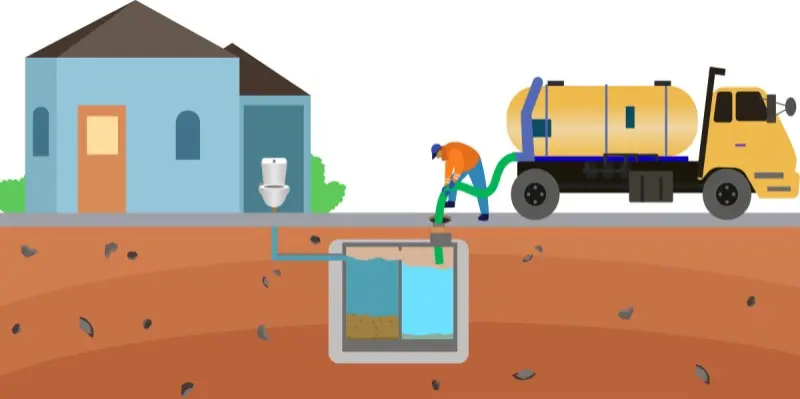
A holding tank system is a temporary or alternative wastewater solution for properties that cannot support a conventional septic system. Instead of treating wastewater onsite, a holding tank simply stores all wastewater until it can be pumped and hauled away by a professional service.
How It Works
- Wastewater enters the holding tank – All household wastewater is directed into a sealed, underground tank.
- No Treatment Occurs – Unlike a septic system, there is no filtration or breakdown of waste inside the tank.
- Pumping and Disposal – Once the tank reaches its capacity, a septic service company must pump and transport the waste to a treatment facility.
Benefits of a Holding Tank System
- Ideal for Temporary Use – Perfect for seasonal properties, construction sites, or areas awaiting proper sewer infrastructure.
- No Drain Field Required – Works in locations with poor soil conditions, high water tables, or limited space.
- Sealed System Prevents Contamination – Because it is fully enclosed, there is no risk of groundwater contamination.
Key Differences Between Conventional Septic and Holding Tank Systems
| Feature | Conventional Septic System | Holding Tank System |
|---|---|---|
| Treatment Process | Filters and treats wastewater naturally | No treatment; waste is stored until removed |
| Drain Field Required | Yes, to filter and disperse effluent | No, since all waste remains contained |
| Maintenance Needs | Regular inspections and occasional pumping (every 3-5 years) | Frequent pumping required, often monthly or more |
| Lifespan | 20-40 years with proper care | Dependent on frequency of use and tank material |
| Best Suited For | Permanent residences and businesses with suitable soil | Temporary use, seasonal homes, and locations with poor soil |
Choosing the Right System for Your Property
When to Choose a Conventional Septic System
A conventional septic system is the best choice if:
- Your property has suitable soil conditions for wastewater absorption.
- You prefer a long-term solution with minimal ongoing costs.
- You want a self-sufficient system that processes wastewater onsite.
- There is enough space for a properly sized drain field.
When to Choose a Holding Tank System
A holding tank system may be the right option if:
- Your property is temporary or seasonal (such as a vacation home).
- The land is unsuitable for a drain field due to soil conditions or water tables.
- You are in a high-regulation area where conventional systems are not permitted.
- There are plans to connect to municipal sewers in the near future.
Maintenance and Service Considerations
Regardless of which system you choose, regular maintenance is essential for performance and longevity. Here are some tips to keep your system in top shape:
Conventional Septic System Maintenance
- Pump your septic tank every 3-5 years to prevent sludge buildup.
- Avoid flushing non-biodegradable materials like wipes, grease, or chemicals.
- Schedule routine inspections to check for leaks or system failures.
Holding Tank System Maintenance
- Pump the tank regularly – Depending on usage, this could mean every few weeks or monthly.
- Monitor water usage to avoid overfilling the tank too quickly.
- Ensure the tank is sealed properly to prevent leaks or contamination.
Strictly Septic: Your Trusted Septic Experts
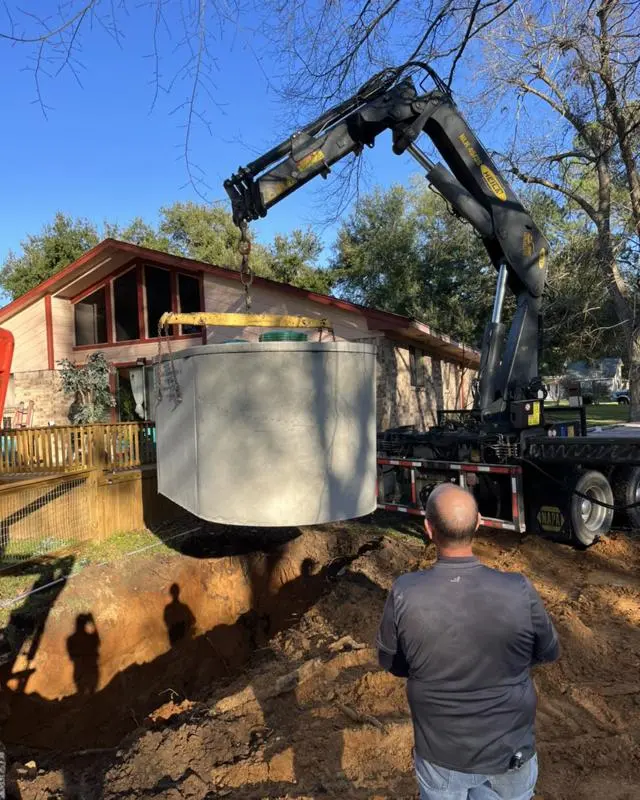
At Strictly Septic, we understand the importance of choosing the right wastewater management system for your home or business. Whether you need a conventional septic system or a holding tank system, our team is here to help with expert advice, professional installation, and ongoing maintenance services.
Why Choose Us?
- Years of experience in septic system installation and maintenance
- Licensed and insured professionals ensuring compliance with local regulations
- Reliable service with scheduled pumping and emergency support
- Competitive pricing for all septic and holding tank solutions
If you’re unsure which system is best for your property, contact us today for a consultation. We’ll assess your needs and provide a customized solution to keep your wastewater system running smoothly.
Final Thoughts
Both conventional septic systems and holding tank systems have their place in wastewater management. A conventional system offers a long-term, cost-effective solution for homes with suitable soil, while a holding tank is ideal for temporary or restrictive properties.
Understanding the key differences will help you make an informed choice that best suits your property’s needs. No matter which option you choose, Strictly Septic is here to provide expert guidance, installation, and maintenance services.
👉 Need help deciding? Contact us today for a consultation and get the best wastewater solution for your property.



